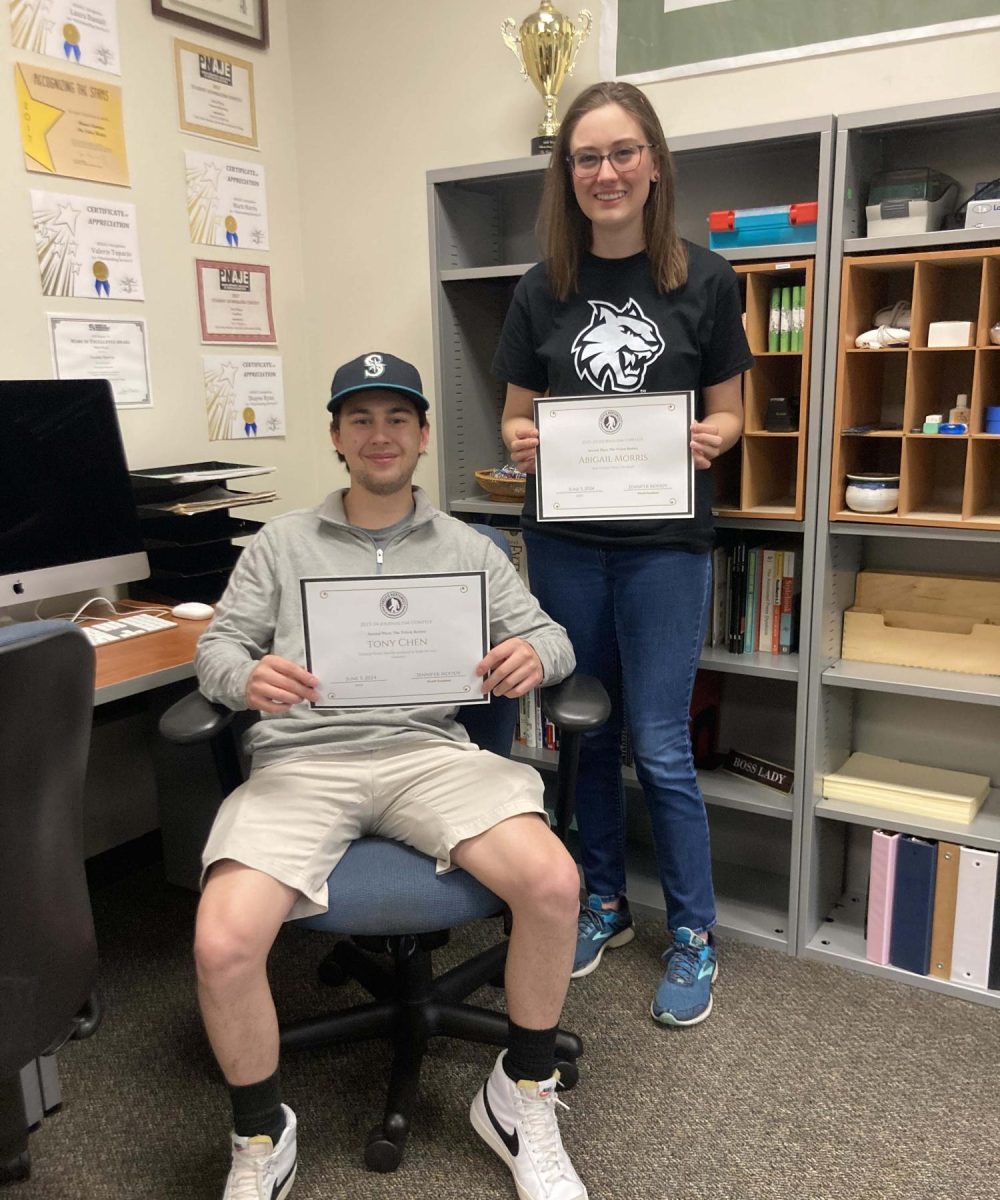Edmonds College will be hosting accreditors from the Northwest Commission on Colleges and Universities to visit the campus from April 10 to April 12 to determine if Edmonds College is eligible for accreditation.
But what is accreditation and why does Edmonds College need it?
Accreditation is more than just a stamp of approval from the educational authorities; it’s a rigorous examination that makes sure that higher education institutions meet their standard to continuously improve. For Edmonds College, obtaining accreditation is not just a way to attract students, it’s a way to dedicate themselves to their mission statement of teaching, learning and community.
The accreditation process is governed by agencies given the task by the Department of Education. These agencies scour universities and colleges, making sure they meet their established criteria.
The Northwest Commission on Colleges and Universities (NWCCU), of which Edmonds College is a member of, this means adhering to their standards of student success, institutional mission effectiveness, coherent government, and properly utilized resources and capacity.
Edmonds College has undergone the accreditation cycle by the Northwest Commission on Colleges and Universities and continuously strives to give students more. Every seven years, a group of accreditors from the NWCCU, who are made of past educators or administrators, go to Edmonds College, take a look at what is happening, offer their input on improvements, and make sure that the College meets their accreditation standards. If Edmonds College does well, then they renew their accreditation; if they don’t do well, then their status as an accredited institution is revoked.
Ever since its first time being accredited in 1973, Edmonds has maintained its accreditation, undergoing regular reviews every seven years up until the current day. However, even though Edmonds College has maintained its accreditation since 1973, accreditation is not given, it is earned through continuous betterment.
Kathy Murphy, a tenured English professor who has been teaching at Edmonds College since 1992, feels confident in the college, even if there is tension in the air. “Even if it seems sort of nerve wracking, or it seems like over under all this scrutiny, it’s beneficial scrutiny.” Murphy says. “And, you know, it would only be bad if we were performing so badly that we were at risk of losing our accreditation, but that’s not going to happen. I mean, that’s never been a problem.”
Preparing for accreditation is always a process that requires help from everyone: staff, faculty, administrators and students. In the process, data is collected, analyzed, and then compiled into self-assessment reports that show evidence of compliance with accreditation standards.
One of the key components of accreditation are the self-study reports, or as Edmonds College likes to call it, the Comprehensive Plan. These reports provide an in-depth analysis of the college’s strengths, weaknesses, and changes in the past seven year cycle.
Included in these reports are improvements made in the past seven years. Edmonds College has transitioned to the ctcLink system in 2021 and built new buildings like Hazel-Miller Hall and the Triton Court Residence Hall.
Edmonds attracts a variety of students from all walks of life. Whether it be an older student hoping to get an associates degree before returning to the workforce, or a younger student looking to get their high school diploma and their associates at the same time. According to Edmonds College’s Evaluation of Institutional Effectiveness Evaluation Report, 45% of the student body plans to transfer to universities. For these students, accreditation is a serious issue.
“For me, personally, I think that accreditation gives some merit to education,” says Kayli Short, a second year Accounting student. “So, like, knowing that Edmonds College is accredited, then I can transfer my credits to a university so that I can shorten my time at a university.”
As the deadline for the in-person NWCCU visit on April 10-12 approaches, Edmonds College remains committed to its core mission statement of teaching, learning, and community. Accreditation serves only as a validation to continue and prosper.







